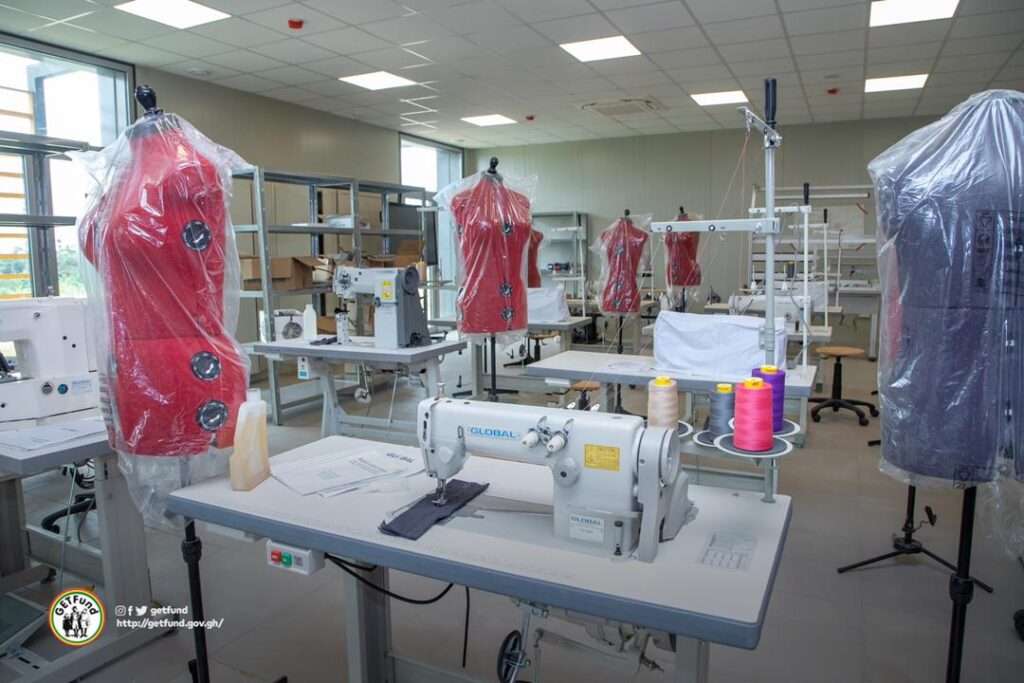The recent findings by the Ghana Statistical Service (GSS) have uncovered a troubling reality: nearly two million youth in the country are not in education, employment, or training (NEET).
This statistic, which includes a significant portion of the nation’s young and energetic population, raises grave concerns about the future of Ghana’s socio-economic landscape. Esteemed economists, Professor Godfred Bokpin from the University of Ghana Business School and Professor Peter Quartey, Director of the Institute of Statistical, Social and Economic Research (ISSER), have expressed their apprehensions regarding the implications of this development.
Professors Bokpin and Quartey, in separate interviews, underscored the severe threat posed by this high NEET rate. According to them, the lack of engagement among such a significant portion of the youth jeopardizes national security and stymies economic growth.
The professors emphasized that these young individuals represent a potentially transformative force for the economy, provided they are given appropriate opportunities.
“We must be intentional with our spending in the real sectors. We require intentionality in programmes and policies that have higher income and employment multipliers.”
Professor Godfred Bokpin from the University of Ghana Business School
This call to action is critical for closing the gap between the affluent and the underprivileged, preventing the youth from succumbing to social vices due to unemployment and lack of prospects.
“The situation is precarious,” Prof. Bokpin remarked, acknowledging that initiatives like the Free Senior High School (FSHS) program have made strides but still fall short of addressing the broader issue.
Prof. Bokpin pointed to studies by the Commonwealth and the World Bank, which highlight increasing poverty levels among Ghanaian youth and project a population surge to 45 million by 2040, with 55% being under 30.
The professor stressed the urgency of implementing deliberate policies aimed at integrating youth into productive sectors of the economy.
Urgent Need for Policy Implementation

Prof. Quartey echoed similar sentiments, noting that while the report indicates some progress, it is a stark warning sign that demands immediate attention.
“To have two million of our youth unemployed is significant. We do not need to relax because these are very energetic young people whose energies can easily be channeled into production and not into social vices.”
Professor Peter Quartey, Director of the Institute of Statistical, Social and Economic Research (ISSER)
Prof. Quartey emphasized the importance of implementing existing policies aimed at youth employment and development, citing agriculture as a promising sector if combined with modern technology and artificial intelligence.
The GSS report revealed that females make up a disproportionate share of the NEET population, with 1.2 million compared to 715,691 males. This gender disparity highlights the need for targeted interventions to support young women in accessing education and employment opportunities.
Despite the troubling figures, the report also shows a decrease in the overall NEET rate, from 24.1% in the third quarter of 2022 to 18.2% in the same period last year. This decline, amounting to nearly half a million youth, is a positive sign, suggesting some progress in addressing youth unemployment.
However, as Labor Economist Anthony Oduro-Denkyirah from GSS pointed out, this does not necessarily indicate the availability of formal employment opportunities.
Mr. Oduro-Denkyirah explained that the reduction in NEET could be attributed to what the International Labour Organization (ILO) defines as “own-use production work.” This refers to activities undertaken by individuals to produce goods or services for their own use or for their household, rather than for the formal job market. While this may provide a source of livelihood, it underscores the need for sustainable and formal employment opportunities for the youth.
Addressing the NEET crisis in Ghana requires a comprehensive and multi-faceted approach. Policymakers must focus on creating job-rich programs and policies with high growth potential. Investments in sectors such as agriculture, technology, and manufacturing could provide the necessary avenues for youth employment.
Education and training programs must be aligned with market needs to equip the youth with relevant skills. Partnerships between the government, private sector, and educational institutions can facilitate this alignment, ensuring that training programs are practical and demand-driven.
Moreover, fostering entrepreneurship among the youth can be a game-changer. Providing young people with the skills, resources, and support to start their own businesses can create jobs and stimulate economic growth. Initiatives such as microfinance programs, business incubators, and mentorship schemes can play a vital role in nurturing young entrepreneurs.
The time to act is now, and the focus must be on creating inclusive, sustainable, and job-rich opportunities for all Ghanaian youth.























